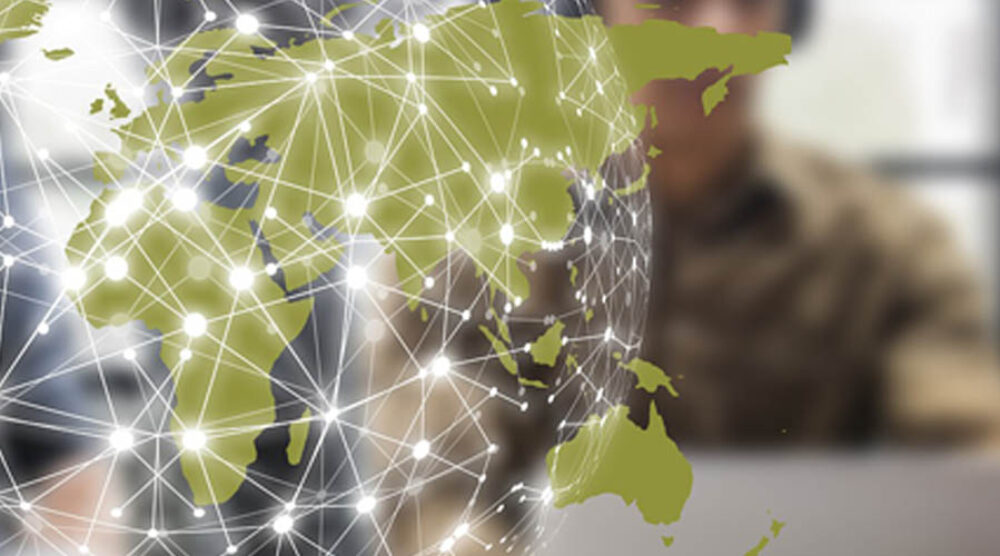Human rights concerns may limit cooperation, but the cyber domain is an area for collaboration.
Before his departure for Japan to attend the highly-anticipated G-20 Summit, Australian Prime Minister Scott Morrison delivered the first foreign policy speech of his new term, echoing Australia’s balancing act amid the ongoing global power contest between the United States and China. Morrison urged the two superpowers to diffuse the escalating tensions for the sake of the world and warned about the collateral damage if such a strategic competition turns adversarial.
In that same speech, Morrison called upon Australia’s partners and allies in the region — Japan, India, New Zealand, Vietnam, Singapore, Indonesia, and Papua New Guinea — to work closely based on shared challenges to achieve common interests. But nowhere to be found in Morrison’s remarks is Australia’s fellow US ally and democratic state, the Philippines.
Compared to other ASEAN member states such as Vietnam and Indonesia, who have acceded to become Australia’s strategic partners, the Philippines remains at the comprehensive partnership level.
Please click here to read the full “Can the Philippines and Australia elevate their partnership to a strategic level?” article published at The Diplomat, written by Mark Manantan, Research Affiliate, Asia Pacific Pathways to Progress and participant of the Australia-Philippines Dialogue held in Manila on 19 July 2019.








